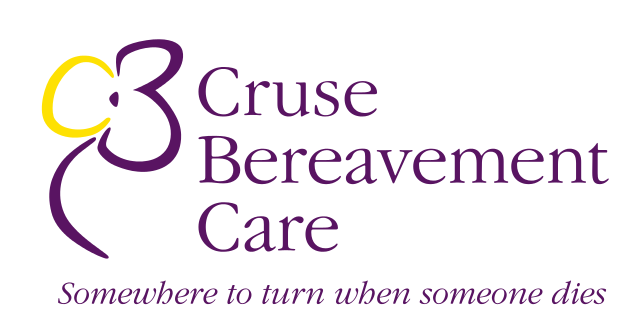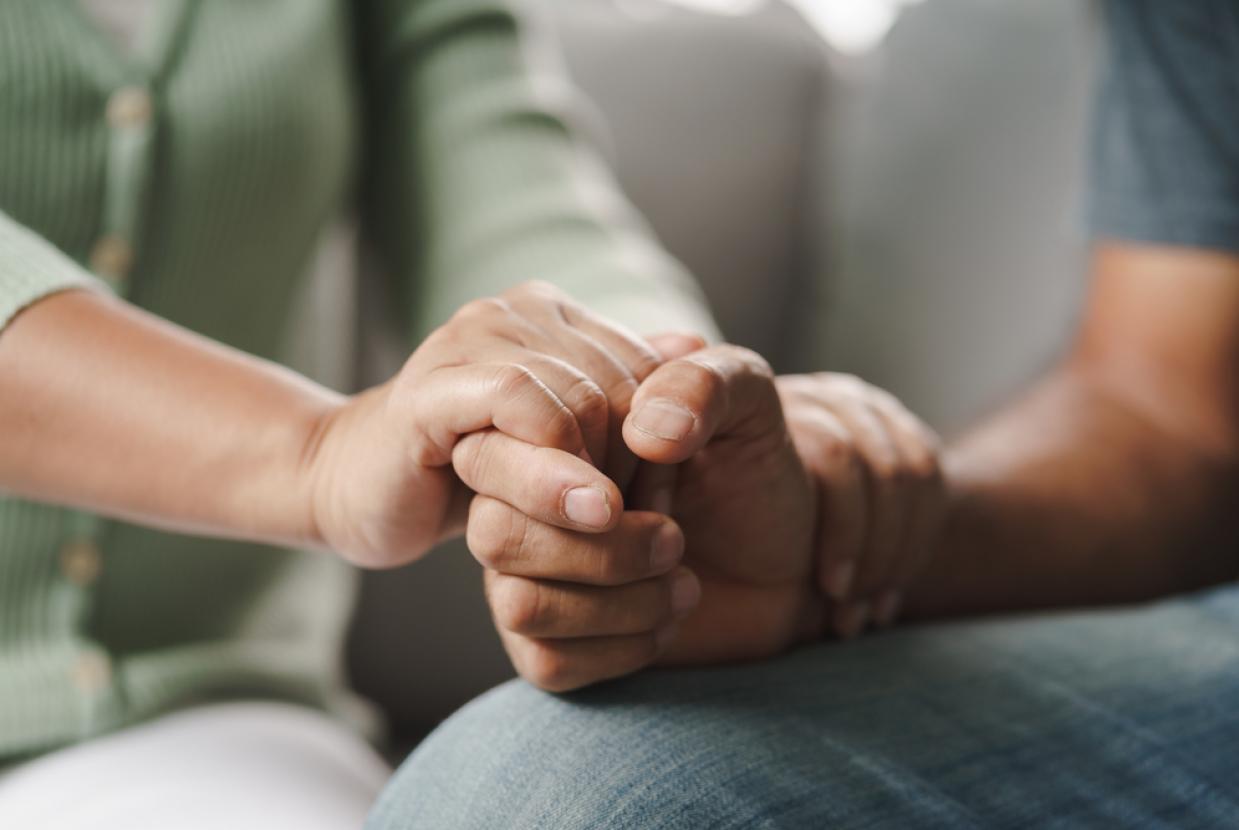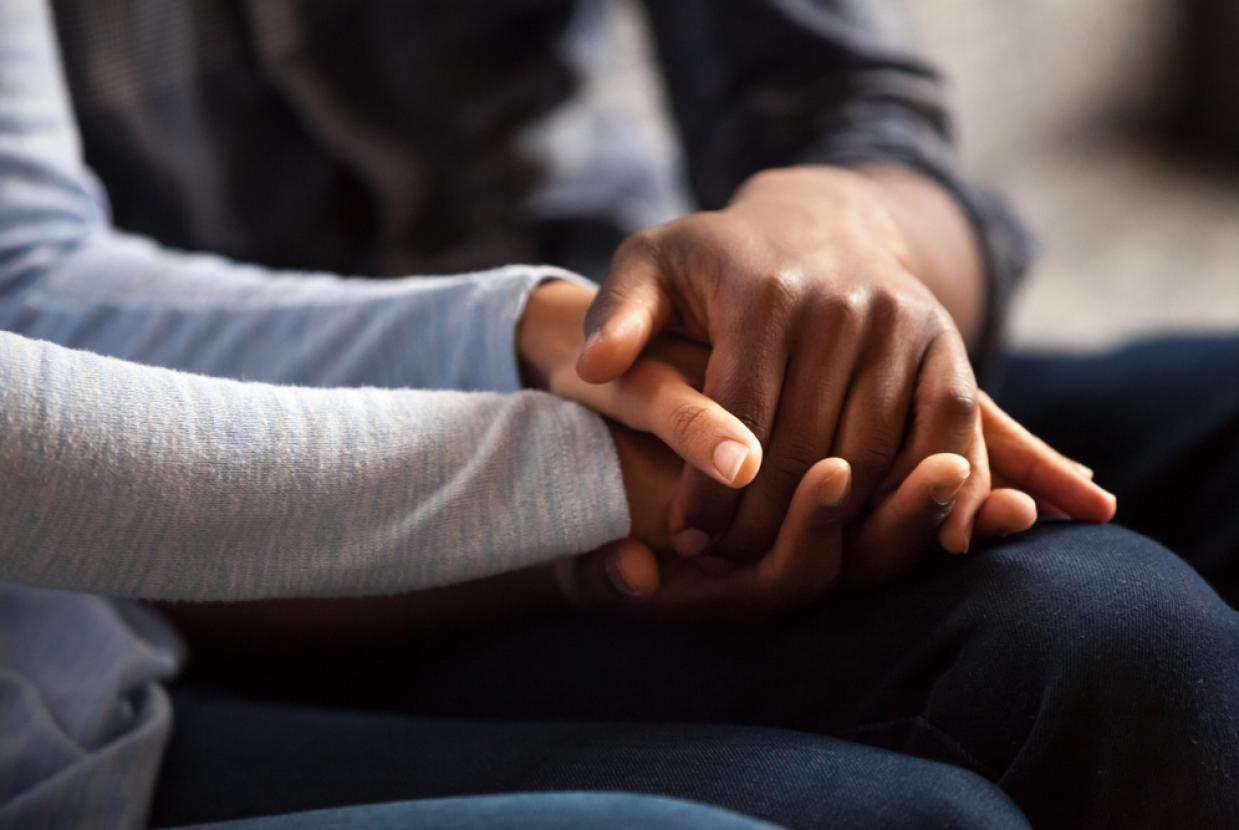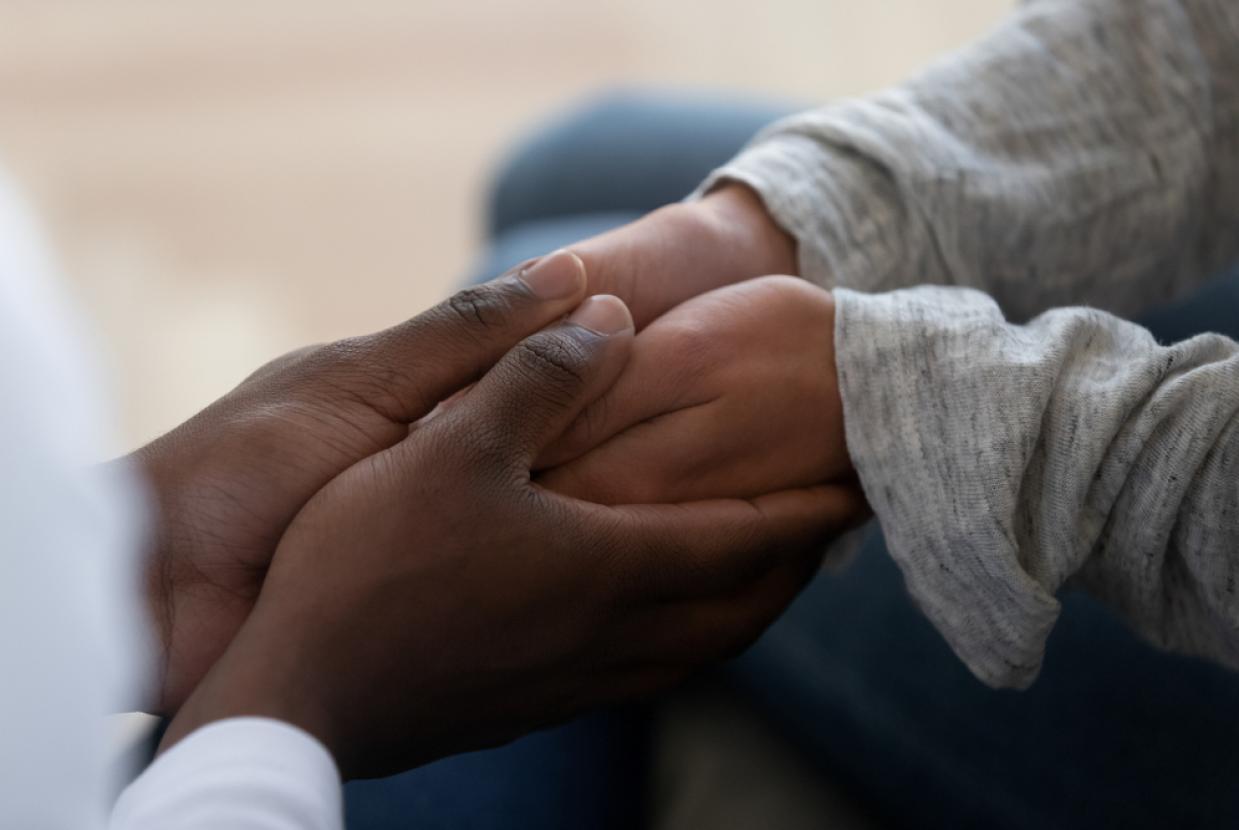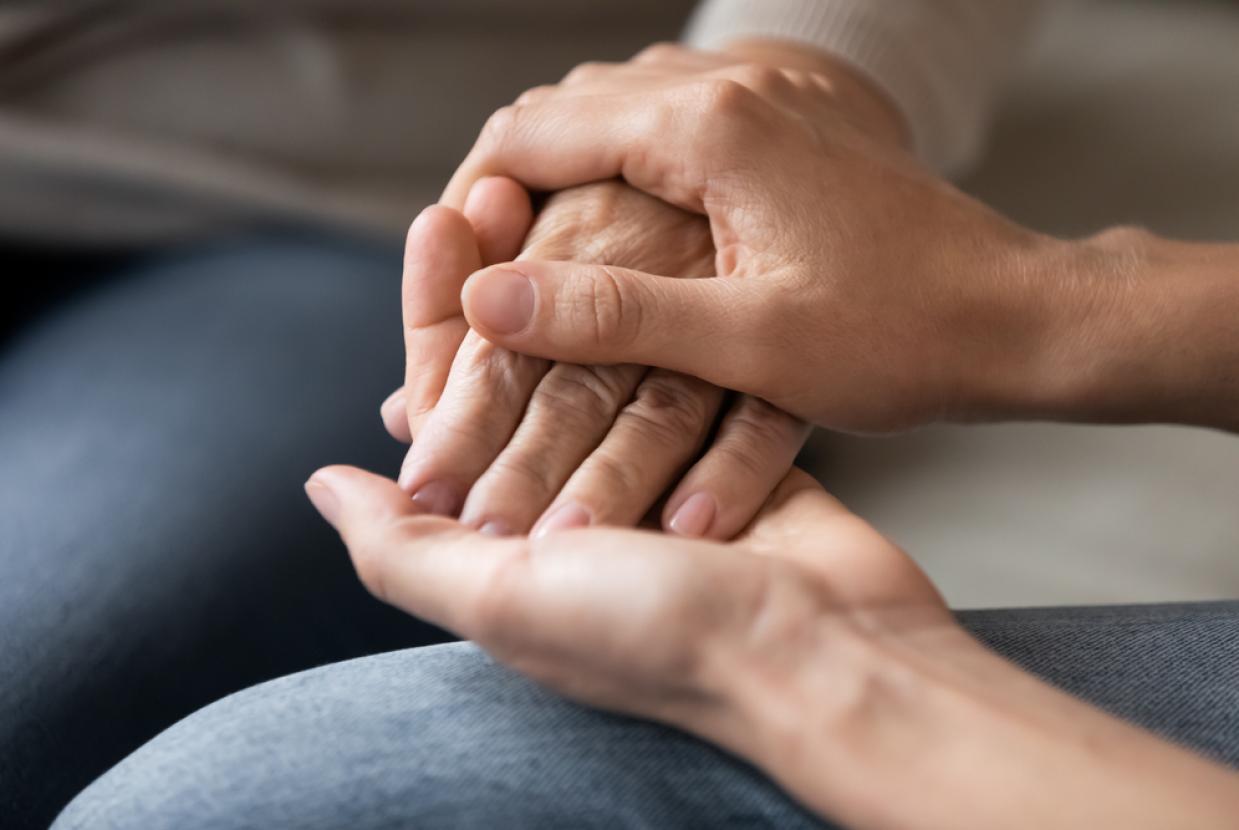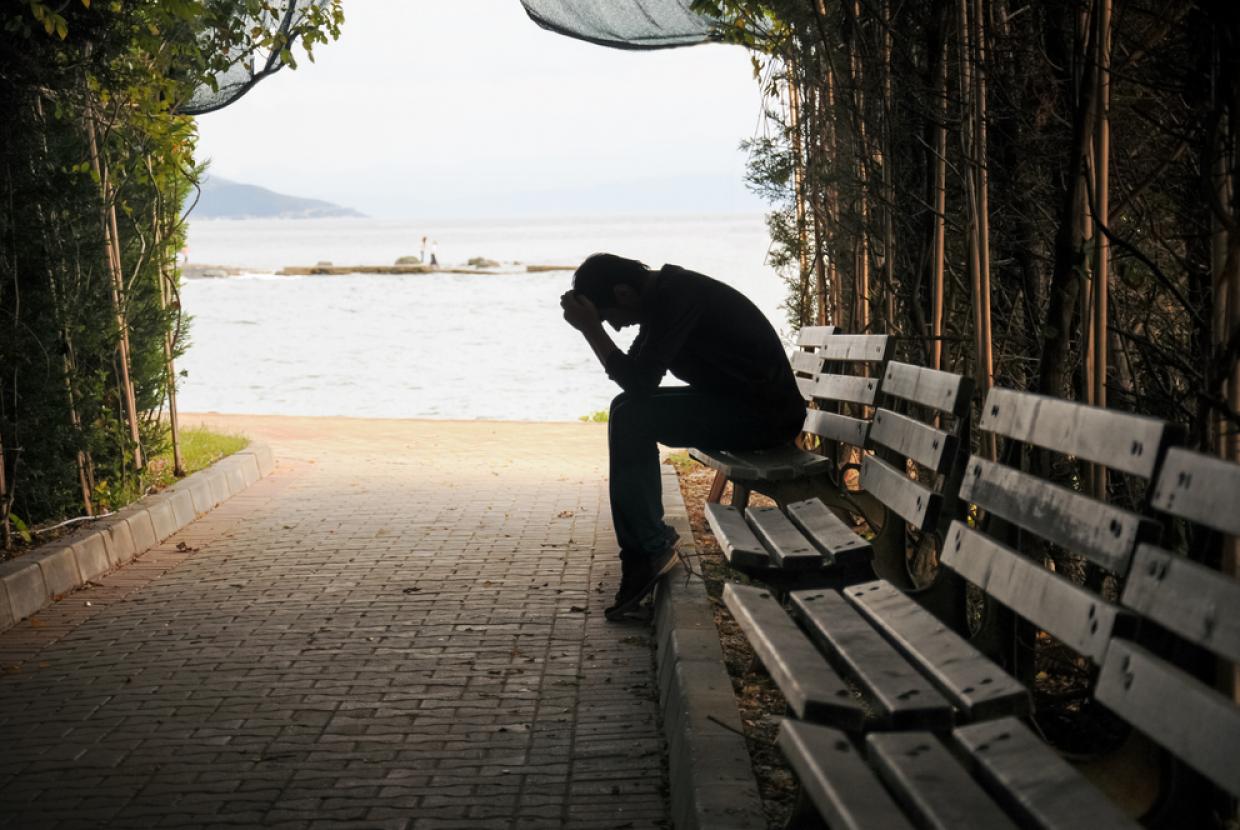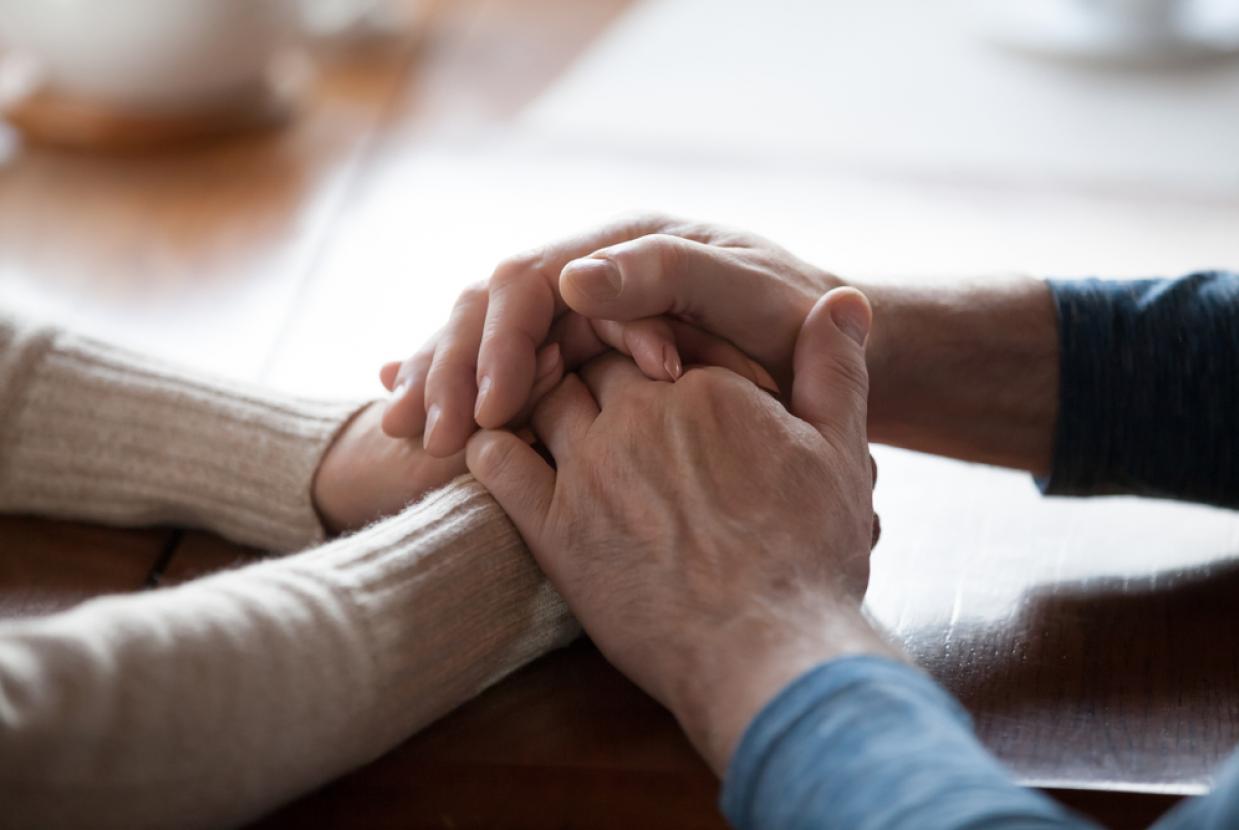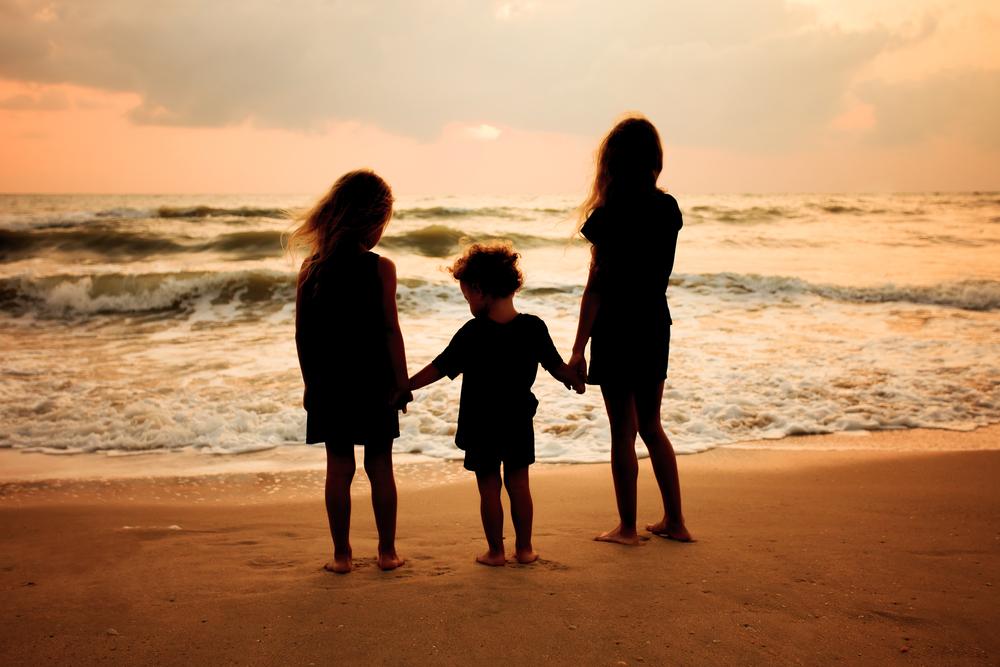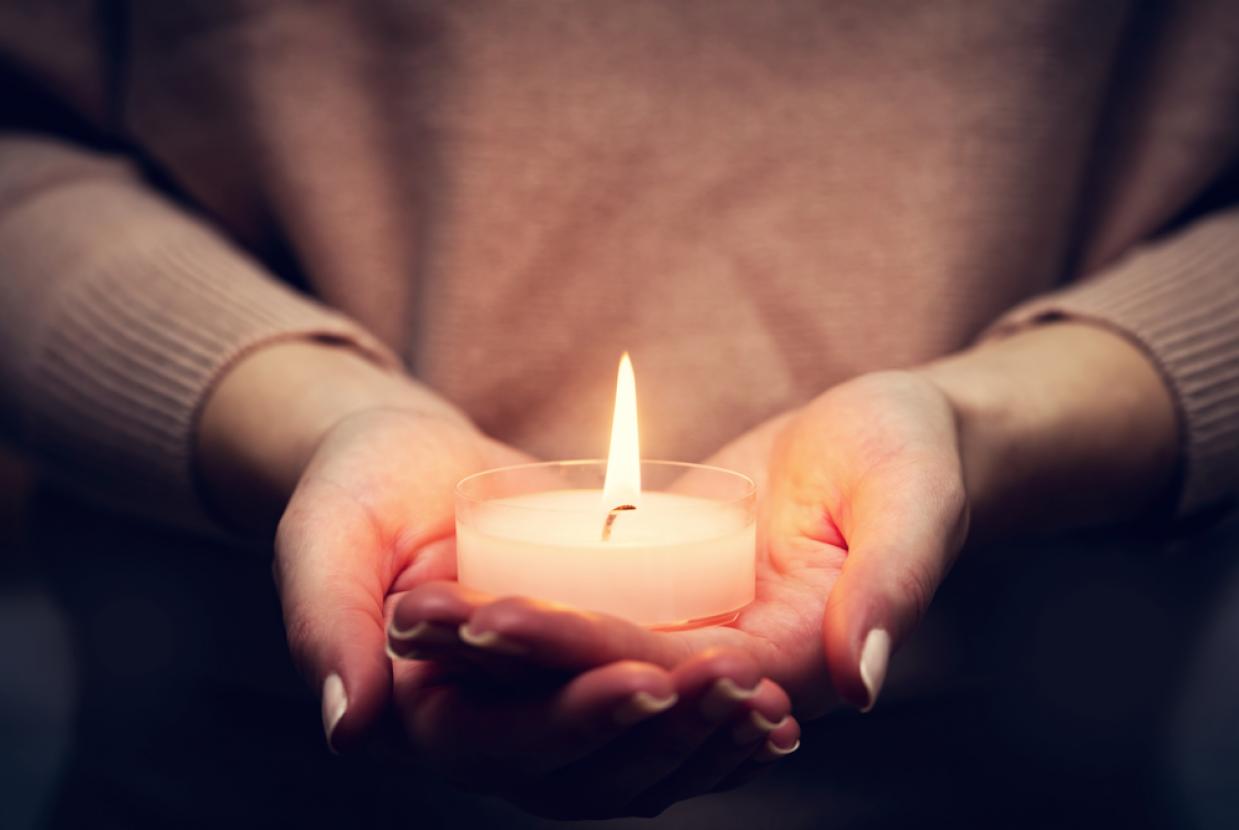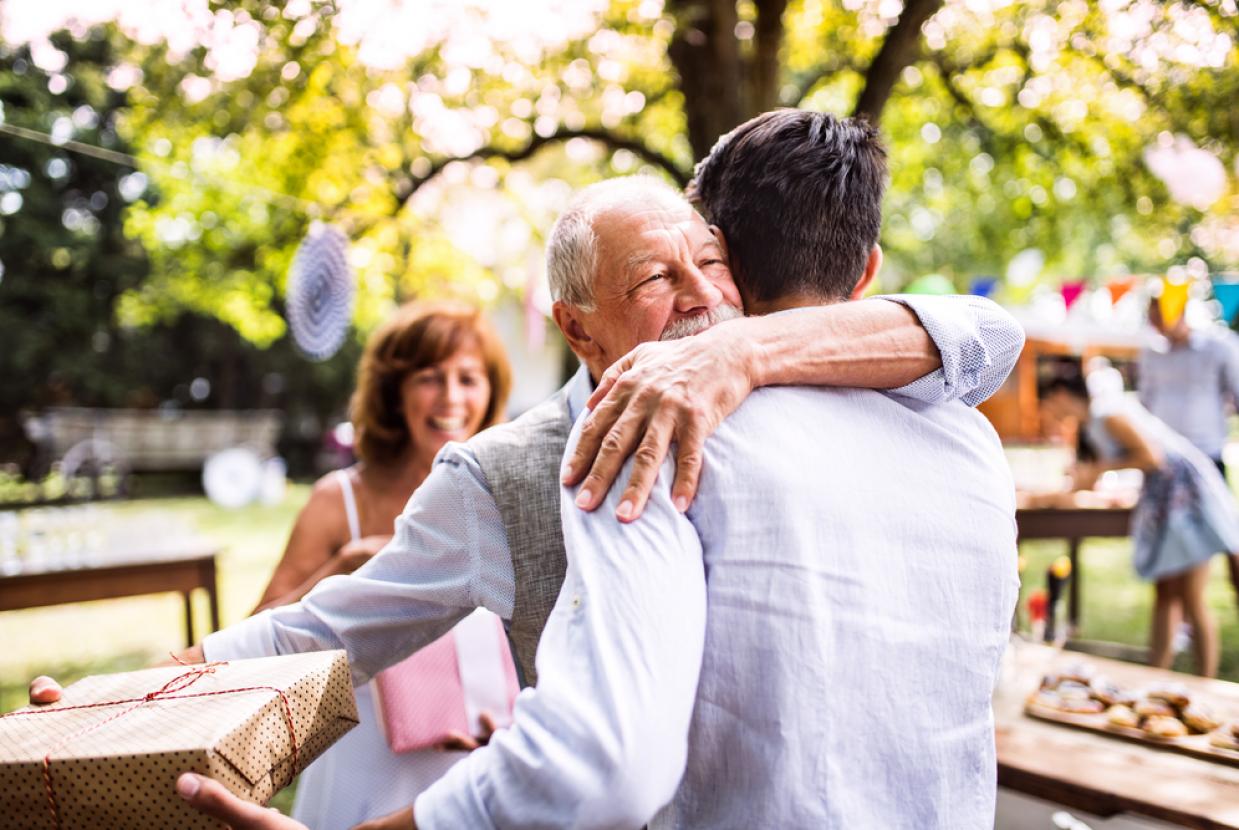How Long Will This Last?
People often ask us 'when will the pain stop?' But the truth is there are no set stages or time limits to grief.
How long does grief last?
The early stages
In the early stages after a bereavement, you might feel numb or nothing at all. You might carry on as if nothing happened or find yourself focusing on administrative tasks such as cancelling bills or organising the funeral.
If you didn’t see the person who died very often, you might catch yourself thinking they’re still alive. This can become particularly painful when you realise it isn’t true.
Later on, after the initial shock, you might find that reality sets in. This is when you might feel taken aback by the depth of emotions you’re feeling. Some people feel a strong range of emotions from the start, while for others these feelings may take a while to develop.
After the first year
It’s common to find the second year after someone dies to be just as difficult or even harder than the first. People around you may have gone back to normal and you might feel there’s less space for you to talk about your feelings.
Dates like anniversaries, birthdays, Christmas and or other religious festivals can also be very painful. You might find that even though a year has passed, you feel the emotions as strongly as when the person first died.
It’s important to remember that, in time, you will feel better and more able to cope. This doesn’t mean that you are ever completely over it, rather that it is possible to start to find pleasure in life again, while still remembering and missing someone you have lost.
After several years
As time passes, most people find they are able to adapt to their grief and return to some kind of normal life. While some experiences will still trigger your grief (such as films, songs or smells), you are likely grow around these feelings and find space for other things in your life.
Lois Tonkin’s ‘Growing around Grief’ metaphor is a helpful way of thinking about how long grief lasts. The grief doesn’t ever completely go away, and sometimes the feelings can be as intense as when someone first died. But in time the painful feelings come less often and your life starts to be filled with other things.



